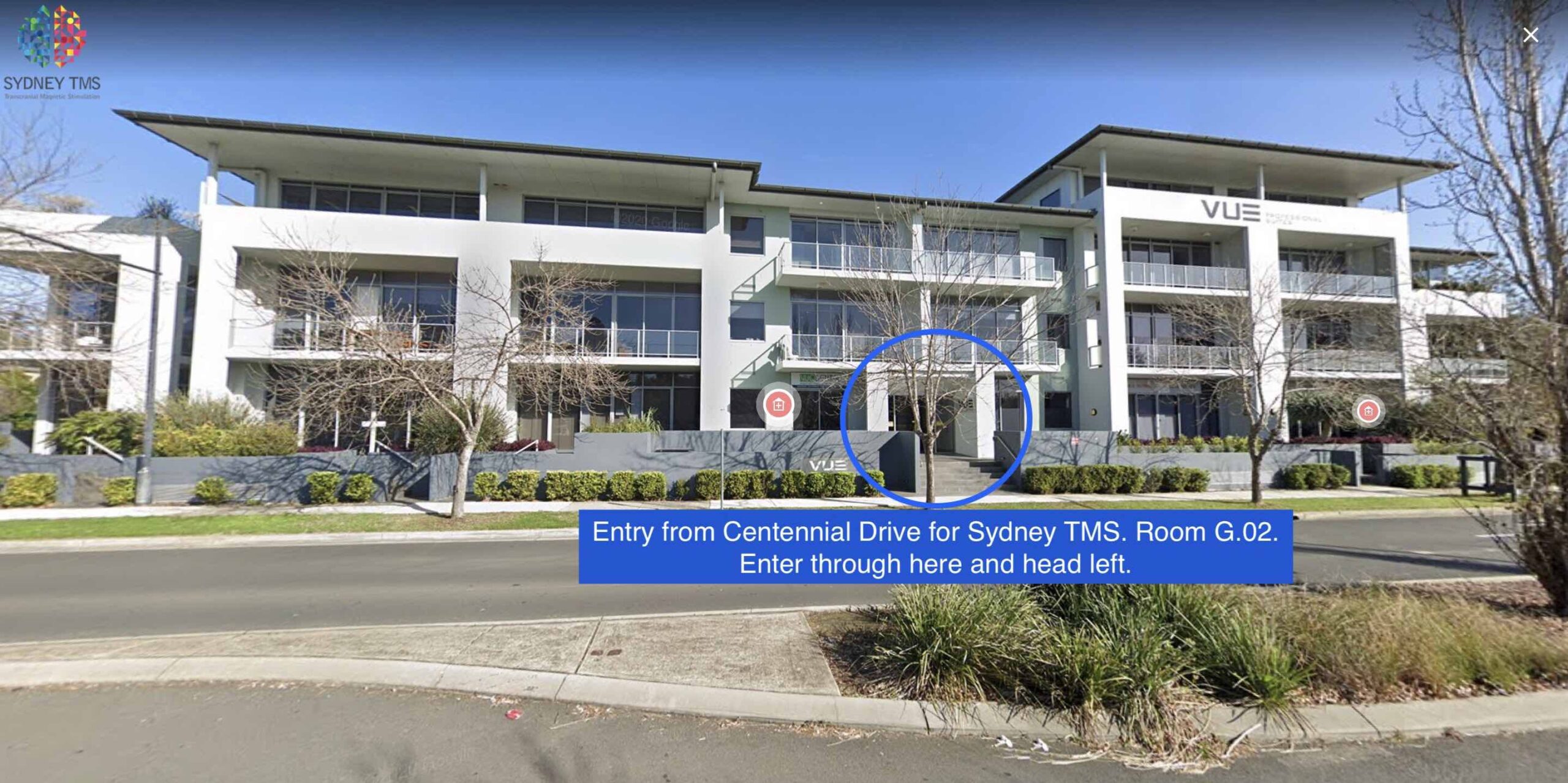TMS in the treatment of depression
Article: Saxby Pridmore, William Pridmore
In TMS, an electromagnetic apparatus is used to generate small electric currents in targeted regions of the cortex. Anaesthesia is not required, patients remain conscious and there are no seizure or memory problems. TMS is a first-line treatment for treatment- resistant depression. Current evidence indicates that TMS-induced remission is associated with normalisation of connectivity in cortical-subcortical networks.
This article discusses the effectiveness of rTMS. It looks at how rTMS is only slightly less effective than ECT in reducing depression symptoms, however it is not complicated by the side effects that makes ECT less acceptable. It further states that the adverse effects associated with rTMS are generally trivial rather than serious and there are no long-term undesirable effects.
To read more the article is attached here: AJGP-03-2018-Clinical-Pridmore-rTMS


